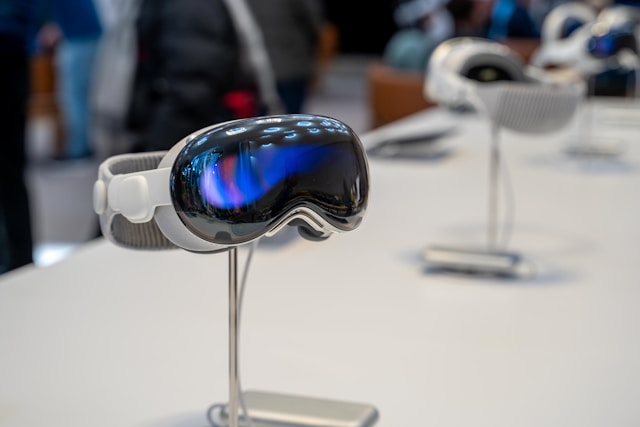The healthcare industry is experiencing a surge of interest in incorporating artificial intelligence (AI) into its operations, yet a critical aspect remains largely unaddressed: regulation. A recent survey highlights a glaring gap in policies governing AI use within health systems, posing challenges as startups race to develop AI products for hospitals.
The survey, conducted by the Center for Connected Medicine at UPMC and KLAS Research, polled 34 US health system leaders. Shockingly, only 16% reported having comprehensive policies for AI implementation and data access. A staggering 65% admitted to having no AI policies whatsoever, underscoring the industry’s unpreparedness for the AI revolution.
While healthcare stakeholders acknowledge AI’s potential to revolutionize patient care, the lack of regulatory frameworks presents significant hurdles. Historically, healthcare has been slow to adopt new technologies, but the allure of AI’s efficiency and promise to alleviate medical professional burnout is undeniable.
However, reasons for the absence of AI policies vary. Some leaders cite the industry’s early-stage adoption of AI, while others await federal regulations before formulating their guidelines. Unfortunately, the Food and Drug Administration (FDA) lacks the resources to provide comprehensive oversight, leaving a regulatory void.
Despite regulatory uncertainty, startups are forging ahead with AI-driven solutions, buoyed by investor optimism. Medical-scribe startups, utilizing AI to streamline administrative tasks, have garnered substantial attention. Venture investments in companies like Abridge, Ambience Healthcare, and Nabla underscore investor confidence in AI’s potential to transform healthcare operations.
Competition in the AI healthcare space is heating up, with startups vying for market share against established players like Nuance. Integration with electronic health records (EHRs) emerges as a critical factor for success, with Microsoft holding an advantage due to its collaboration with Epic. The majority of health system leaders express intentions to adopt AI software seamlessly integrated with their EHRs, signaling a promising market opportunity.
As the healthcare industry enters a pivotal phase in AI adoption, the next 18 months will likely determine the fate of emerging startups. With every major health system piloting AI solutions, industry observers anticipate a period of consolidation and innovation, reshaping the future of healthcare delivery.










Leave a Reply